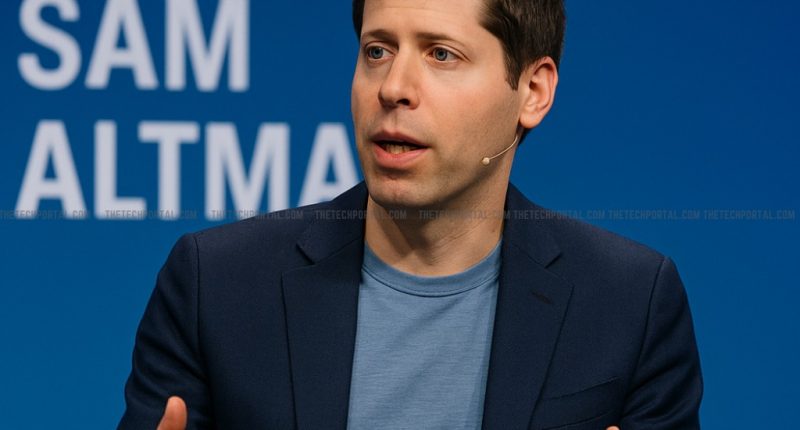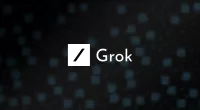OpenAI is now seemingly encroaching upon the territory of X, Facebook, Instagram, and other social media platforms. A report from The Verge suggests that the company behind ChatGPT and its family of AI models is now in the early stages of developing its own social network. The project, which remains largely under wraps, currently exists as an internal prototype. The prototype reportedly integrates ChatGPT’s image generation tools with a social feed.
The report further states that OpenAI CEO Sam Altman has been seeking external feedback on the project in recent weeks. However, at this stage, it remains unclear whether the envisioned platform will emerge as a standalone application or be incorporated into the existing ChatGPT ecosystem (which already exists on web and apps alike). ChatGPT recently became the most downloaded app globally, and this could provide OpenAI with a sizeable user base to build from if it decides to integrate social features into the existing app.
For now, details about what this new social network will look like are sparse, though reports state that that according to individuals with knowledge of the project, the prototype has so far centered on integrating ChatGPT’s image generation into a social feed, something that would potentially allowing users to create, share, and interact with AI-generated visual content. However, the final product could evolve significantly depending on user feedback and internal development milestones. It is also likely that AI will be used to assist user interaction on the platform. The initiative could also offer OpenAI direct access to a fresh stream of real-time data, which is critical for refining large language models (and help OpenAI train its own models). This kind of access is a distinct competitive advantage that platforms like X and Meta currently possess, enabling them to continuously train their models using vast amounts of user content.
OpenAI’s potential move into the social media space would likely intensify its already contentious and rocky relationship with Elon Musk. Musk, who co-founded OpenAI in its early days but later distanced himself from the organization, has become increasingly critical of the company. Tensions escalated earlier this year when Musk led a consortium in a failed bid to acquire OpenAI for $97.4 billion. In response to the proposal, Altman reportedly quipped, “no thank you but we will buy twitter for $9.74 billion if you want.”
It would also add to its rivalry with Meta, which is also building AI-centric tools and is rumored to throw its hat in the ring with its a standalone AI assistant app with its own social elements. As of now, Meta’s models, such as Llama, are trained on the vast troves of user data collected from Facebook, Instagram, and WhatsApp — a resource OpenAI currently lacks but may now be seeking to replicate through its own platform. It remains to be seen whether its social network can emulate ChatGPT’s success and keep up with the likes of Meta’s family of social media platforms and X and its alternatives, several of which are already major names in the social media landscape.
The Tech Portal is published by Blue Box Media Private Limited. Our investors have no influence over our reporting. Read our full Ownership and Funding Disclosure →






